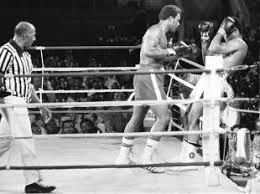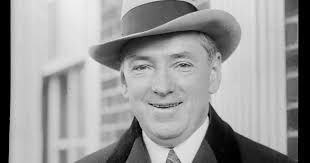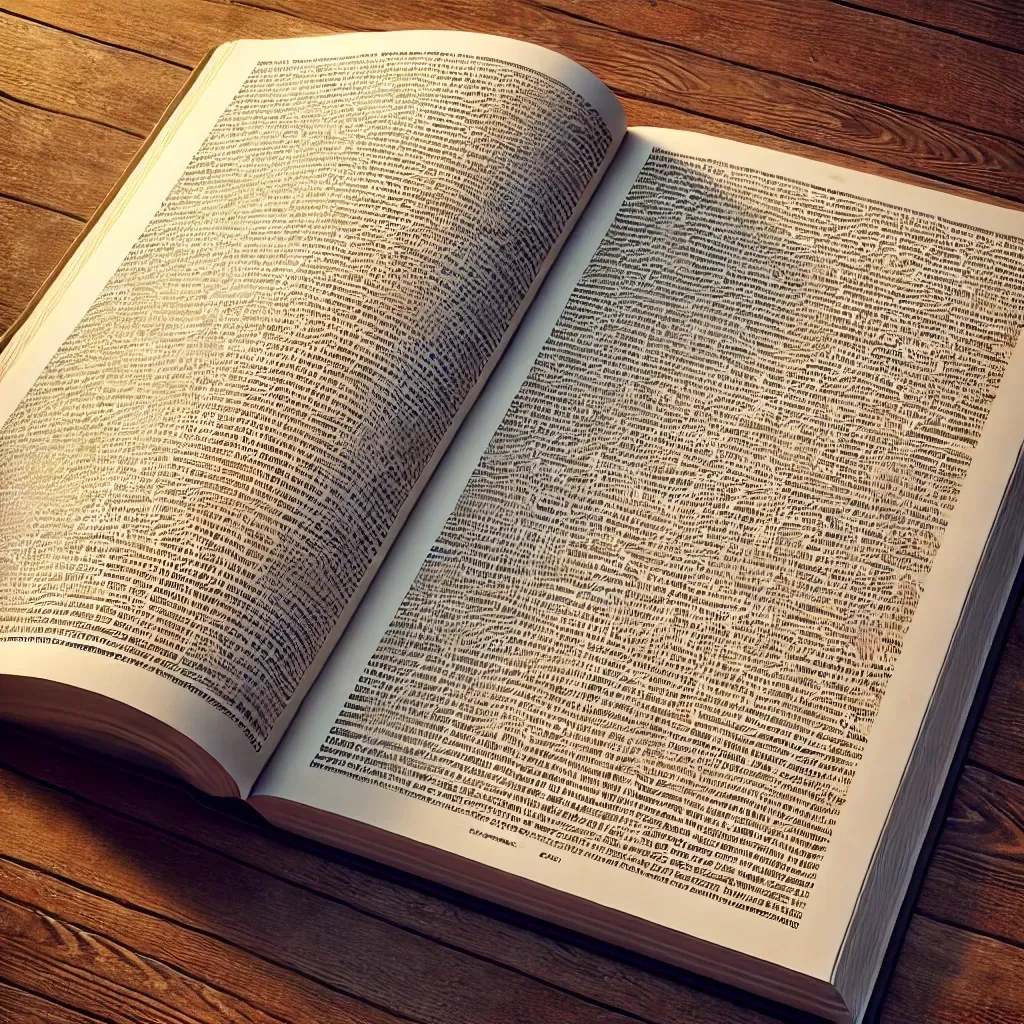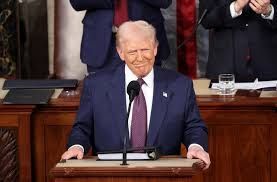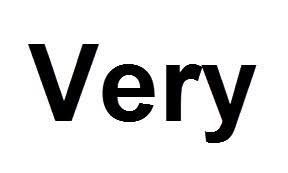Nib #36 — Hide the Poetry in the Alpo
You know the trick of getting a dog to take medicine by hiding the pill in his food?
There is a lesson in that for writers (like me!) with a weakness for quoting poetry, inspirational adages, and the words of Great Men in their work.
Don’t get me wrong. People cite the Bible and Shakespeare and Nelson Mandela and Abraham Lincoln for a reason. Good quotes can add depth, humor, or force to any piece of writing. It’s a club every writer needs in his or her bag.
On the other hand, gonging open a sentence with, “As the poet Maya Angelou once wrote…” or “In the words of Winston Churchill…” risks breaking the delicate mental communion between writer and audience.
Many a good speech, oped, and academic paper has been derailed by an inapt, ostentatious cameo from Whitman, Orwell, or the Psalms.
So how can a writer know whether a given quote adds or detracts from his draft?
Here is a three-part test to help decide.
First, does the quote contribute to the argument or story you’re writing? Is it “on the way” or more of a detour?
Second, can the quote be grafted seamlessly into your text, or does it require extra explanation and context? The more you’re writing about the quote, the more the quote needs to be worth it.
Third — and this is often the hardest part — are you using the quote to persuade and clarify, or just to impress? If it’s the latter, murder that darling.
The goal here is not to excise quotes from your writing, but to avoid “quotiness.” Don’t draw attention to your quotes unless you’re sure it serves the larger goal of the piece. Instead, weave the quotes into your arguments, stories, and reports so naturally and subtly that the readers — happily concentrating on the content of your writing — hardly notice.
Hide the poetry in the alpo.
Until next week… keep writing!
